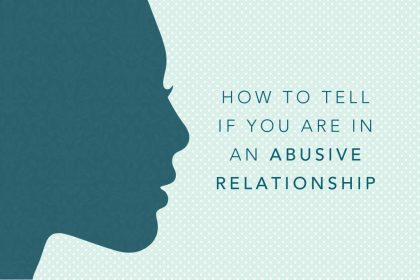The top three red flag signs of a toxic workplace
Looking for a new job and watch to avoid working for a toxic company? Here are three red flags for a toxic workplace.
We all spend too long at work to get caught up in the endless drama of a toxic company. Whether it’s a culture of backbiting and tension or apathy and lethargy, working with toxic colleagues (or even for a narcissist) being in a workplace that’s terminally toxic can not only set back your career ambitions but also have a huge impact on your general health and happiness.
A new guide from Resume.io has some advice on how to spot the red flag signs of a toxic workplace, so here are the top three things you need to look out for when going for a new job.
1) They’re disorganised
This is an easy one to overlook if you’re enthusiastic about a job. The company looks great, the role seems perfect so who cares if it takes them a while after the closing date for applications to invite you for an interview?
But what happens if you then get to their office for an interview and they’re not expecting you? And then the interview starts late? These things can happen, of course, but they could be warning signs of general chaos that you don’t want to be a part of.
2) The interviewer is unimpressive
When you’re being interviewed, your focus is mostly on the impression you’re making. The power seems to lie in their hands, not yours. But the reality is that you need to be assessing them just as much as they’re assessing you.
If the interviewer seems like they’re bluffing their way through their questions or comes across as rude or not interested in you, these are major warning signs.
3) It feels like they’re hiding something
Companies with a toxic workplace know that they can’t let you find that out if they want to hire you. So they won’t want you to have much of a tour of their workplace, but you can still find out more for yourself. If the interviewer is vague and evasive when you ask questions, this is normally because they have something to hide.
These tips should give you an indication of the things to look out for to make sure you don’t end up taking a dream job that turns into a nightmare when you actually start.

Photo by George Gvasalia










